The Boeing 747, often called the “Queen of the Skies,” is an iconic aircraft with a rich history in aviation. Although its presence at airports is becoming less common, its legacy as a groundbreaking jumbo jet remains significant. The 747 family includes various models, each massive in its own right, but their weights differ. Let’s delve into the weights of these remarkable aircraft.
The Compact 747SP
The Boeing 747 distinguished itself through its immense size, designed to be significantly larger than the Boeing 707. Its double-decker configuration and wide body further enhanced its imposing presence. However, Boeing also developed a smaller variant known as the 747SP (Special Performance).
This short-fuselage version was over 46 feet (14 meters) shorter than the standard models. Consequently, its empty weight was relatively lower, ranging from 325,660 to 336,870 pounds (147.72 to 152.80 tons).
The Boeing 747SP’s maximum takeoff weight was approximately double its empty weight, ranging from 630,000 to 696,000 pounds (285.8 to 315.7 tons). This variant was relatively niche, with only 45 aircraft delivered between 1976 and 1987, and saw limited service. However, several 747SP aircraft remain in operation today, primarily in VIP configurations.
Standard Boeing 747 Variants: -100 to -400
While the 747SP measured 184 feet and 9 inches (56.3 meters) in length, the standard 747 variants, including the 747-100 through 747-400, stretched to 231 feet and 10 inches (70.7 meters). As expected, this increase in size translated to higher weights compared to the 747SP.
The weight specifications varied among these standard models. Similar to how the extended upper deck on the 747-300 and 747-400 influenced passenger capacity, the weights also differed. The older 747-100 and 747-200 had empty weights of 358,000 – 381,480 pounds (162.39 – 173.04 tons) and 376,170 – 388,010 pounds (170.63 – 176 tons), respectively.
The Boeing 747-300 and 747-400 had empty weights of 384,240 – 402,700 pounds (174.29 – 182.66 tons) and 394,088 – 412,300 pounds (178.755 – 187.016 tons), respectively. The 747-400 also boasted the highest maximum takeoff weight among the standard-length 747s, ranging from 875,000 to 910,000 pounds (396.9 to 412.8 tons).
The Largest: Boeing 747-8
The Boeing 747-8, the most recent iteration, is also the largest. It measures 250 feet and 2 inches (76.25 meters) long, surpassing all previous 747 variants. It also features a slightly extended upper deck.
As the largest commercially produced 747 variant, the 747-8 is also the heaviest. Its operating empty weight is 485,300 pounds (220.1 tons), and its maximum takeoff weight is a substantial 975,000 – 987,000 pounds (442.3 – 447.7 tons).
A total of 155 Boeing 747-8s were manufactured before production ceased in 2023. Key commercial operators include Lufthansa, Korean Air, and Air China, while Cargolux, Cathay Pacific Cargo, and UPS Airlines are major cargo operators of this model.
Boeing 747 Weight Comparison
Here’s a table summarizing the weights of the different Boeing 747 variants for easy comparison:
| Boeing 747 variant | Weight (lbs) | Weight (tons) |
|---|---|---|
| Boeing 747SP | 325,660 – 336,870 | 147.72 – 152.80 |
| Boeing 747-100 | 358,000 – 381,480 | 162.39 – 173.04 |
| Boeing 747-200 | 376,170 – 388,010 | 170.63 – 176 |
| Boeing 747-300 | 384,240 – 402,700 | 174.29 – 182.66 |
| Boeing 747-400 | 394,088 – 412,300 | 178.755 – 187.016 |
| Boeing 747-8 | 485,300 | 220.1 |
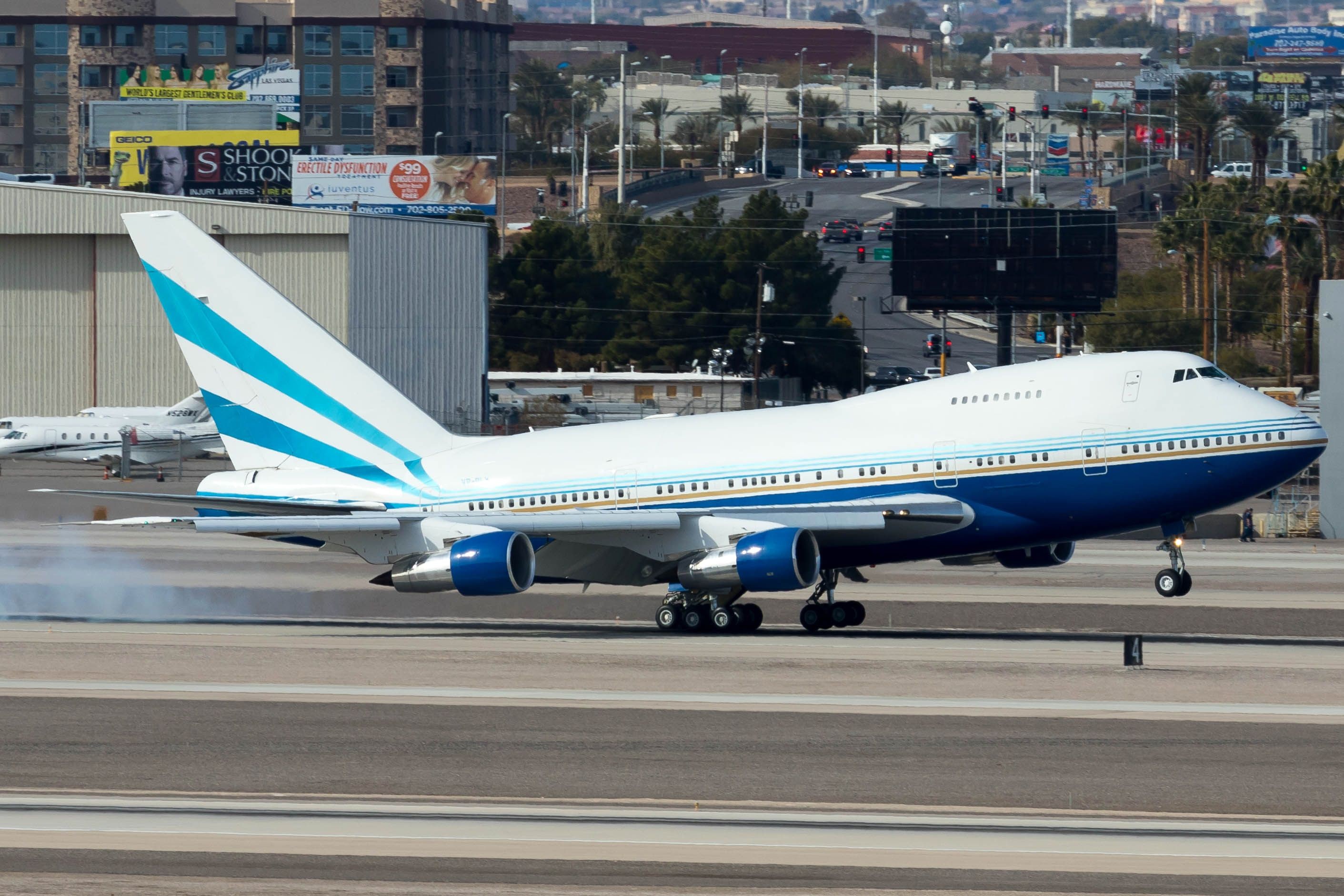
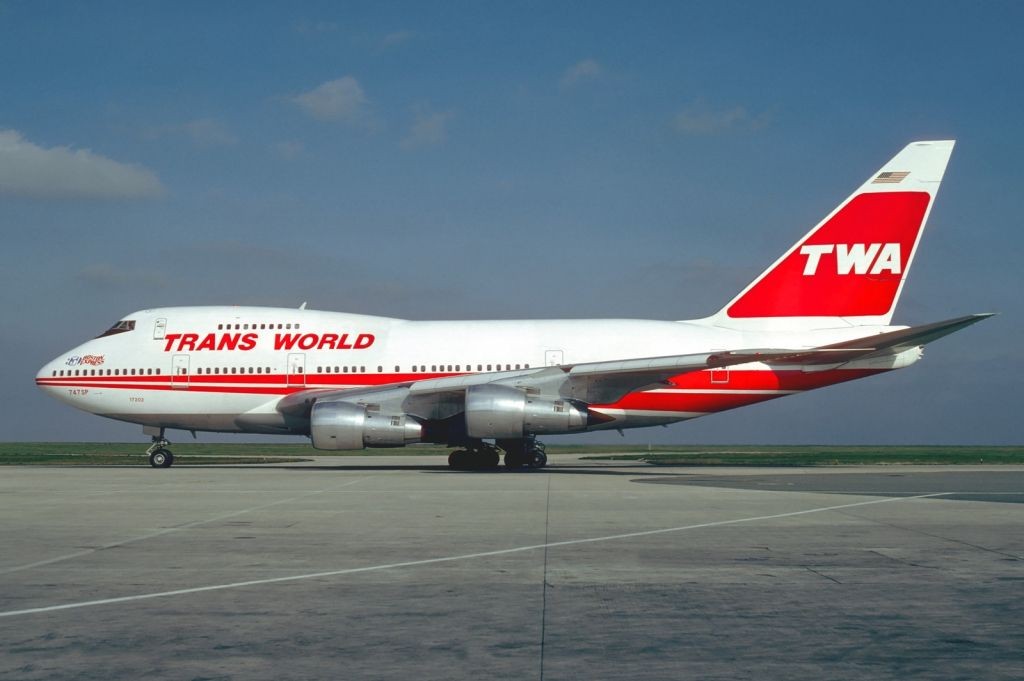
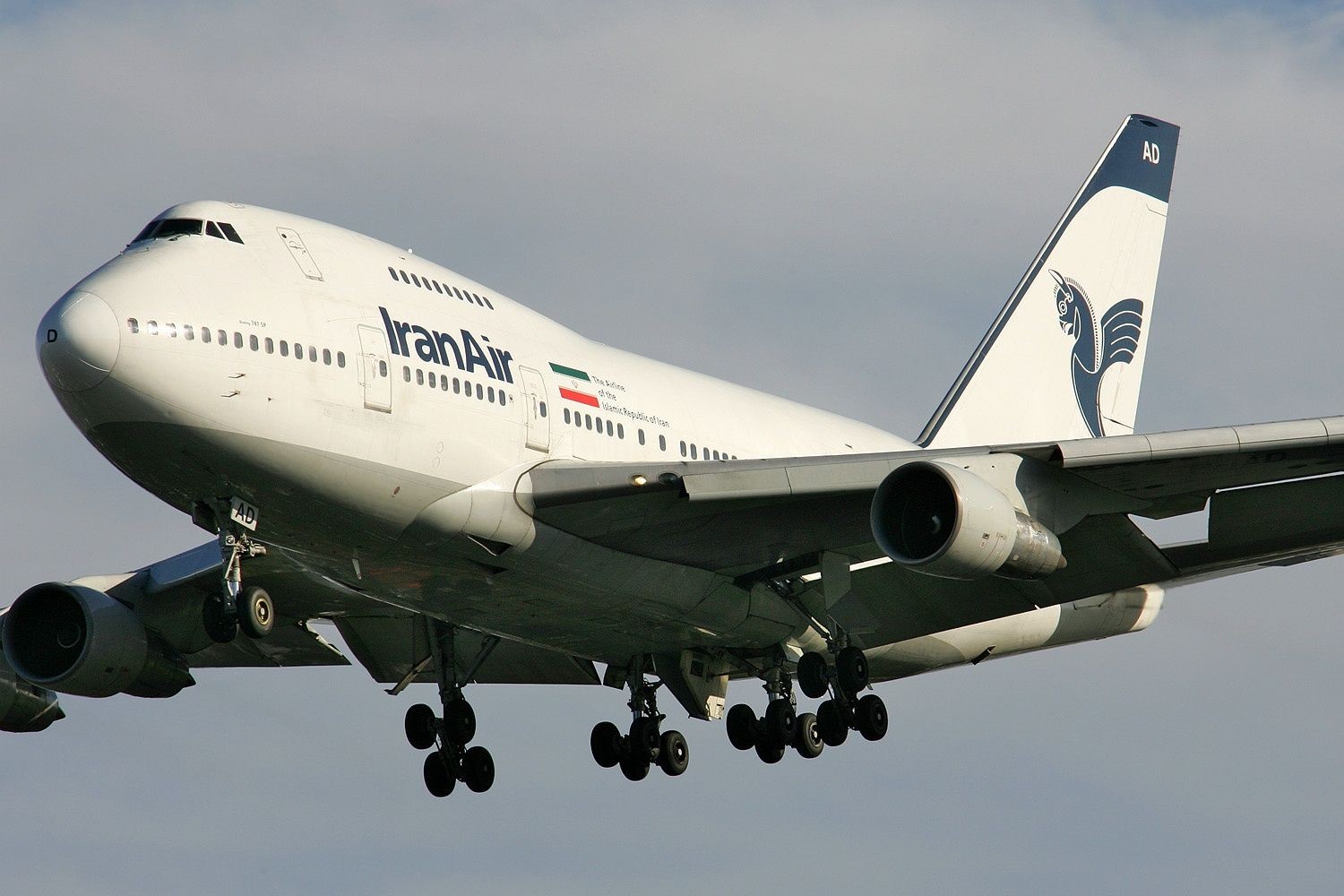

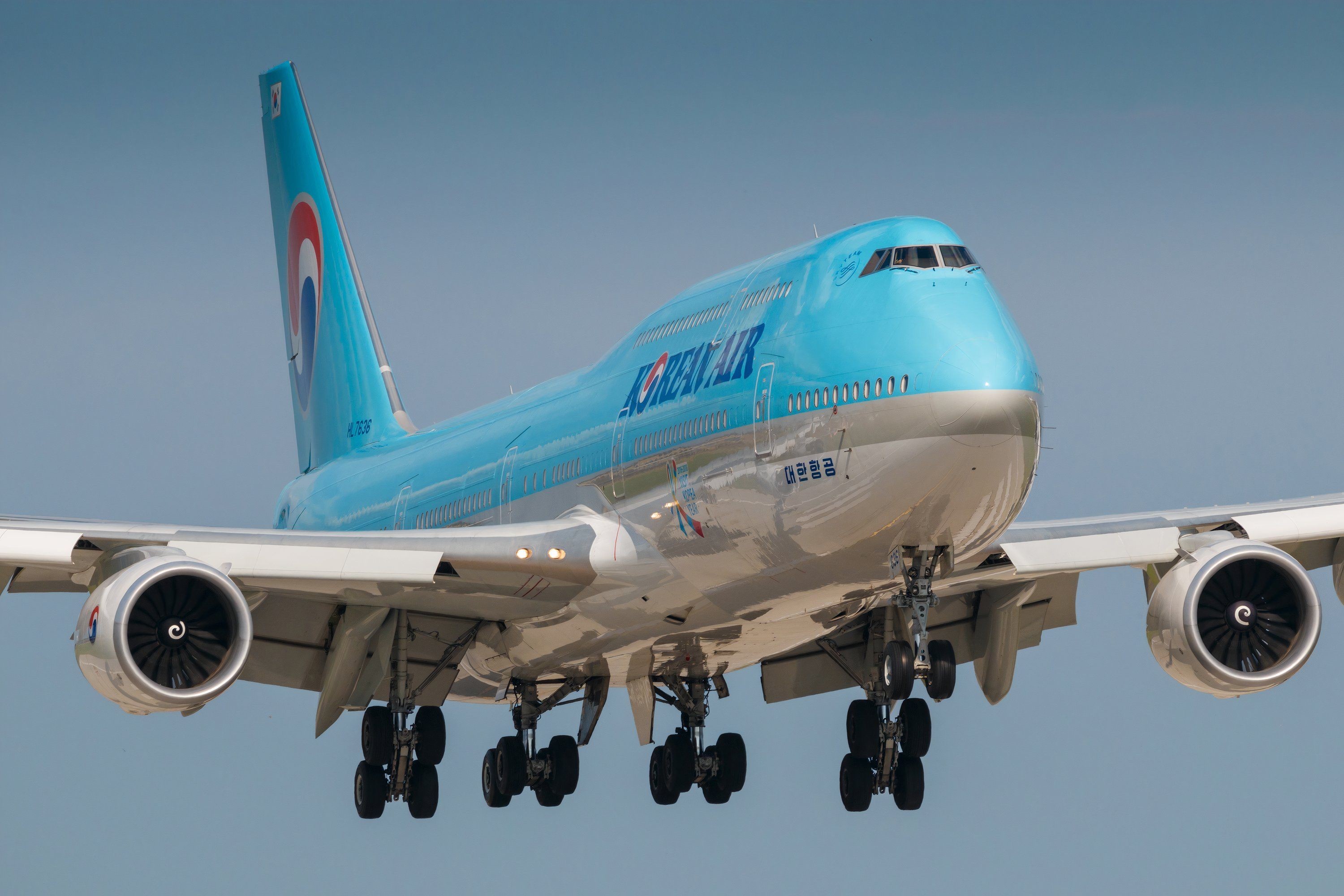
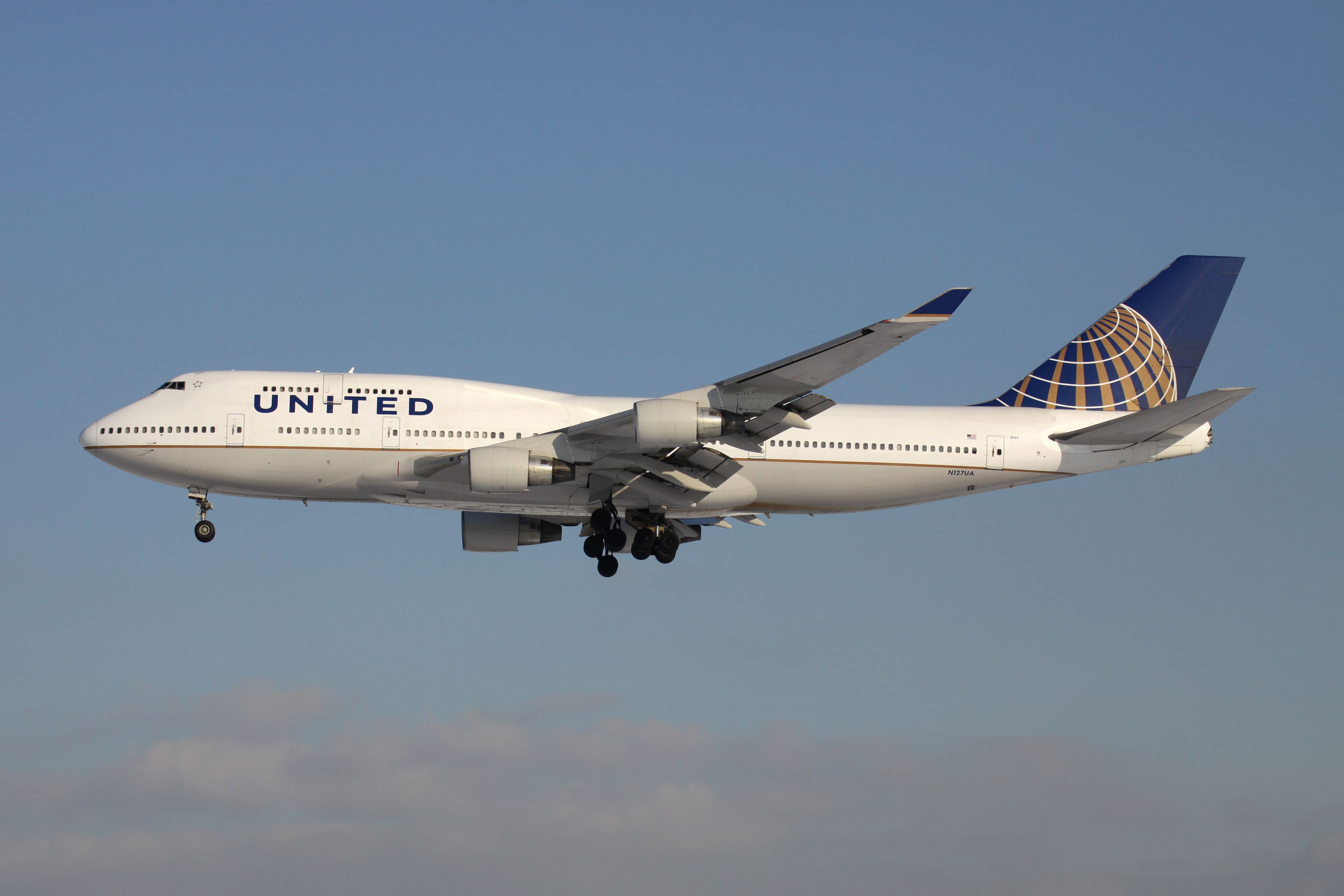
Weight Comparison to Other Aircraft
How does the weight of the Boeing 747 stack up against other aircraft? The Airbus A380 is considerably heavier, with an empty weight of approximately 814,000 lbs (407 tons). The Boeing 777-300ER has an empty weight of around 370,000 lbs (185 tons).
In comparison, the narrow-body Boeing 737-800 has an empty weight of about 90,710 lbs (45.4 tons), and the Airbus A320 is slightly heavier at approximately 93,079 lbs (46.5 tons).

